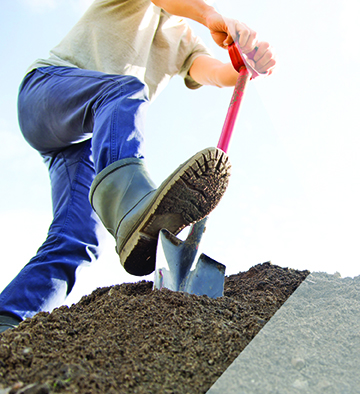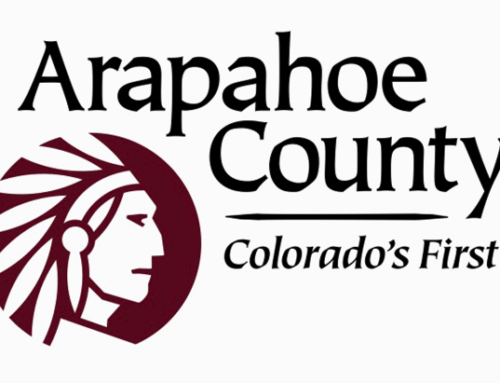Always Contact 811 Before You Dig
 As the weather warms, you’re likely to be planning projects to tackle in your yard. Before you put a shovel in the ground, we’ll give you almost 2.4 million reasons to contact 811 first. That’s how many locates we performed in 2021 for families, friends, neighbors, and contractors before they began digging in their yards.
As the weather warms, you’re likely to be planning projects to tackle in your yard. Before you put a shovel in the ground, we’ll give you almost 2.4 million reasons to contact 811 first. That’s how many locates we performed in 2021 for families, friends, neighbors, and contractors before they began digging in their yards.
We also know that about 26% of damage claims to our buried lines came from individuals and contractors that didn’t contact 811. Damaging or striking a utility line can be a dangerous situation that can cause serious injury, including death, property damage, fines, and service disruptions.
Don’t let a dig mistake become a big mistake. Call 811 or visit call811.com first. It’s easy, and everything you need to know for your state’s requirements is handled in one contact.
Make It A Habit
Contacting 811 before digging to locate buried lines should be everyone’s habit. Visit co811.org for more information.
The safest and only legal way to dig is to know what’s below ground before your shovel or equipment moves any dirt. Even small projects like planting a shrub require you to make advance arrangements before digging. Your advance call to 811 helps you learn where utility-owned lines and equipment are buried before you turn the earth.
Your call to 811 connects you with your state’s “one-call center,” which arranges, at no cost to you, for utilities like us to locate and mark our buried utilities in your yard. We will send a professional to locate underground natural gas and electric lines with colored flags, paint, or stakes. Please note that we are not able to locate lines that a customer has installed and owns, such as a natural gas or electric line that provides fuel or power to an outdoor grill, lighting, etc.
Did You Know?
Customer-owned lines you’ve installed in your yard for a gas grill or electricity in a shed or garage, for example, are your responsibility. Use a licensed plumbing, heating, or electrical contractor to locate them prior to digging and to maintain them.
What you don’t know can hurt you. The depth of utility lines will never be indicated. Depth also changes over time with erosion, storms, floods, soil condition, heaving from frost, and changes to landscape. Some utilities, such as cable companies, are notorious for burying their lines very shallow. Cross boring, for example, happens without the homeowner’s permission.
Natural gas smells like rotten eggs. Natural gas in its original state has no odor. But we add an odorant to the natural gas, called mercaptan, to help you recognize a gas leak. It smells like rotten eggs to many, but it may smell differently to you. If you nick a gas line, clear the area quickly. Once safely away, call 911 and Xcel Energy to investigate and repair the damage. Do not use anything that could create a spark (such as lighters, matches, light switches, garage door openers, ignition switches, or even cellphones).
Hand digging? Before you can safely work close to or across an underground utility line, you must first dig by hand to expose the line and verify its exact location and depth. Be knowledgeable about the hand-digging tolerance zone laws in your state.
Always assume powerlines are energized. Be especially mindful after a storm. Even if there are no sparks or sound, that doesn’t mean the powerline is not energized.
Always look up for overhead powerlines and stay at least 10 feet away from them. Consider what’s overhead and underground before planting anything that could possibly grow into electric or natural gas lines.
Find more information and valuable tips for safe digging at co.my.xcelenergy.com/s/outage-safety/public-safety/gas-safety/call-before-you-dig.






Leave A Comment